
It starts with a little bit of diarrhea. But within 24 hours your puppy starts having severe diarrhea and is vomiting. It becomes depressed and looks very sick, and refuses to eat. You get very concerned and rush it to your veterinary clinic. The veterinarian quickly diagnoses a parvovirus infection with a simple blood test and starts treatment immediately. Canine parvovirus is a very important disease. It most commonly affects puppies that are 2-5 months old. This is the time period when they are most susceptible to a variety of diseases because they are still developing their immune systems. Parvovirus is a virus that attacks a variety of cells, but most often attacks immune cells and intestinal cells.
Immune cells normally work to protect the body from invaders such as bacteria and viruses. The body is constantly exposed to invaders that live in the air, soil, and food. Immune cells are very efficient at quickly killing any invaders. By doing this, immune cells prevent disease. When parvovirus attacks these cells, the body is prevented from fighting the parvovirus infection or any other infection.
In the average dog, intestinal cells allow the gut to absorb nutrients. In addition, they provide a barrier between the body and the normal bacteria that live in the gut. When parvovirus attacks intestinal cells, the dog gets diarrhea. This diarrhea is caused by a couple of things. First of all, the gut is unable to absorb nutrients or water, so it comes out as watery diarrhea. Also, the parvovirus actually kills intestinal cells and damages the blood vessels in the gut, which sometimes causes bloody diarrhea.
As mentioned in the first paragraph, dogs suffering from parvovirus appear lethargic and very sick. This is mostly because of the loss of water in the diarrhea and your puppy quickly becomes dehydrated. Severe dehydration can cause vital organs (kidneys, heart, liver) to die. The sick appearance is also due to pain from the damage in the intestine, and toxic substances that leak through the damaged intestine and into the bloodstream. Parvovirus is not to be taken lightly. It is possible for dogs to recover with intensive care, but some puppies will die despite our best efforts. There is no cure for parvovirus. The only thing that we can do is support the body with fluids (to prevent dehydration) and nutrition. By doing this, we hope that the body can be kept strong enough to fight off the parvovirus infection itself.
An infected puppy will be kept at the veterinary clinic for as long as it takes to get rid of the infection. This could be two days or two weeks. Treatment is long, intense, and expensive. Not only does your veterinarian support the dog’s body with fluids and nutrients, but he/she will also have to treat the complications of the parvovirus infection. Life-threatening complications include septicemia (bacteria that invade from the intestine into the bloodstream) and intussuception (a type of intestinal blockage).
How did the puppy get parvovirus in the first place? In order to get the virus, the dog must be exposed to an animal infected with parvovirus or must be in an area where an infected animal was. The virus is very strong and survives well in the environment. However parvovirus is not as common as it used to be. This is because we vaccinate against this virus as part of the core vaccine program for puppies. Unvaccinated puppies are at a much higher risk of developing parvovirus infection. Rarely, vaccinated puppies can develop parvovirus as well. This is uncommon and is due to the immune protection that they got from their mother’s milk interfering with the vaccine.
Parvovirus is a disease that causes severe diarrhea and dehydration. It can be life-threatening and is expensive to treat. But if your puppy has received its core vaccinations, it is most likely safe. We can prevent this disease! The vast majority of puppies that develop parvovirus infection do so because they are not vaccinated. As always, if you have further questions about parvovirus feel free to contact your puppy’s veterinarian.
By Ashley O’Driscoll – Pets.ca writer
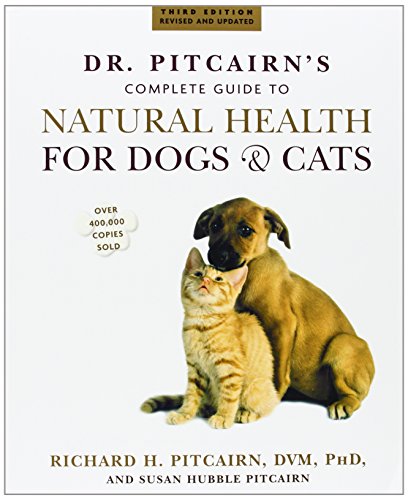 Sarcoptic Mange and Mange in Dogs and other Canine Diseases Humans Can Get
Sarcoptic Mange and Mange in Dogs and other Canine Diseases Humans Can Get
 Disadvantages Of Dog Boarding Solutions Online
Disadvantages Of Dog Boarding Solutions Online
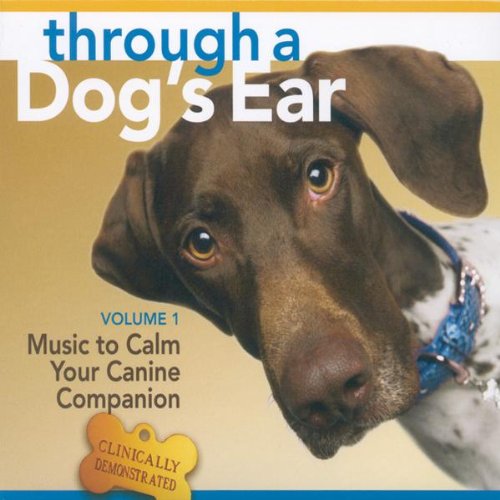 Through A Dogs Ear: Sound Therapy For You And Your Dog
Through A Dogs Ear: Sound Therapy For You And Your Dog
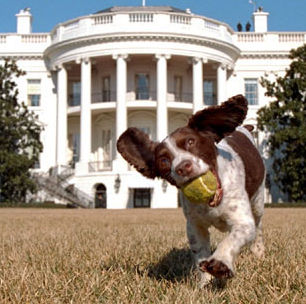 President Dogs: The 20 Most Recent Presidential Pooches (& Other Pets)
President Dogs: The 20 Most Recent Presidential Pooches (& Other Pets)
 Kyjen Plush Puppies Alligator Squeaker Dog Toy
Kyjen Plush Puppies Alligator Squeaker Dog Toy
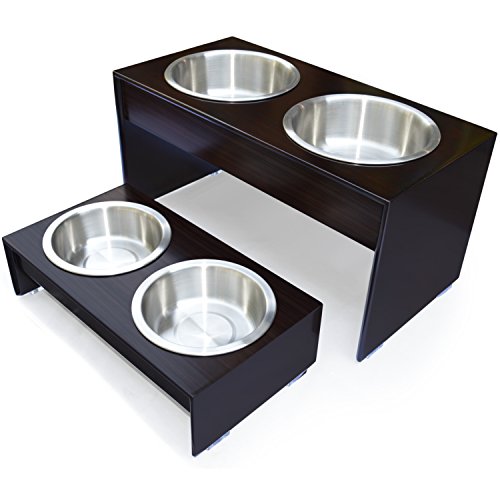 Mastiff Lovers & Dinosaur Poop!
Mastiff Lovers & Dinosaur Poop!
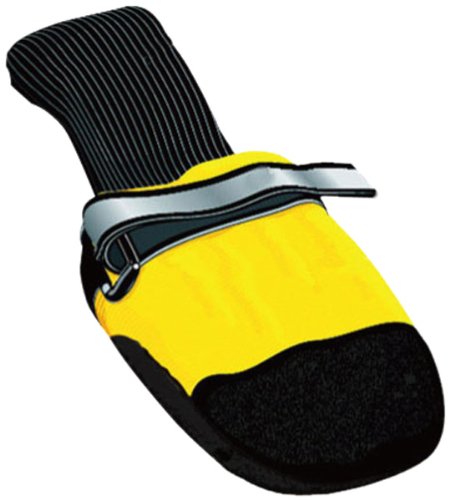 Designer Doggy Wear
Pampered PoochesWeve all seen them right? Little doggie
Designer Doggy Wear
Pampered PoochesWeve all seen them right? Little doggie
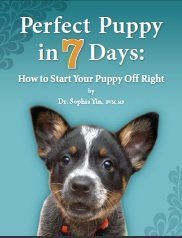 What Is My Dog Really Thinking?
Scientific Proof The proof i
What Is My Dog Really Thinking?
Scientific Proof The proof i
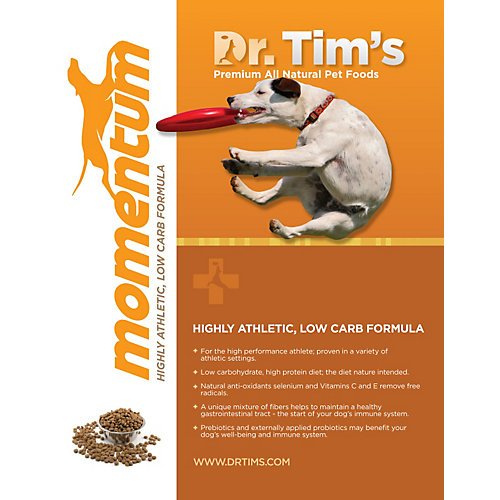 Should You Feed Your Dog Low
The trend to remove fat from
Should You Feed Your Dog Low
The trend to remove fat from
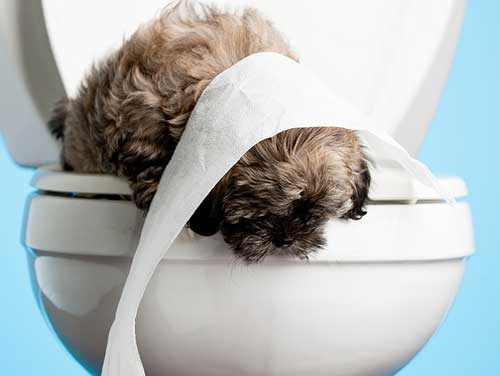 How to potty train your puppy
Dont break the house rulesPotty train your dog
How to potty train your puppy
Dont break the house rulesPotty train your dog
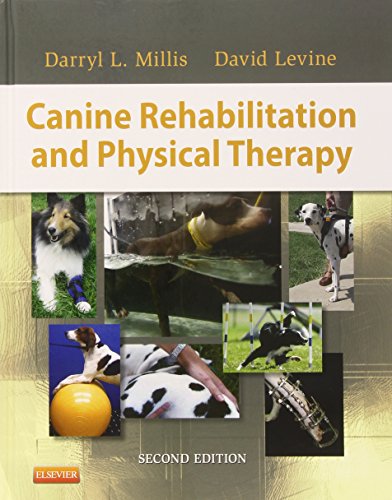 TPLO? TTA? Tightrope? Fishline? What Does My Dog Need?
Cranial cruciate ligament (C
TPLO? TTA? Tightrope? Fishline? What Does My Dog Need?
Cranial cruciate ligament (C
Copyright © 2005-2016 Pet Information All Rights Reserved
Contact us: www162date@outlook.com